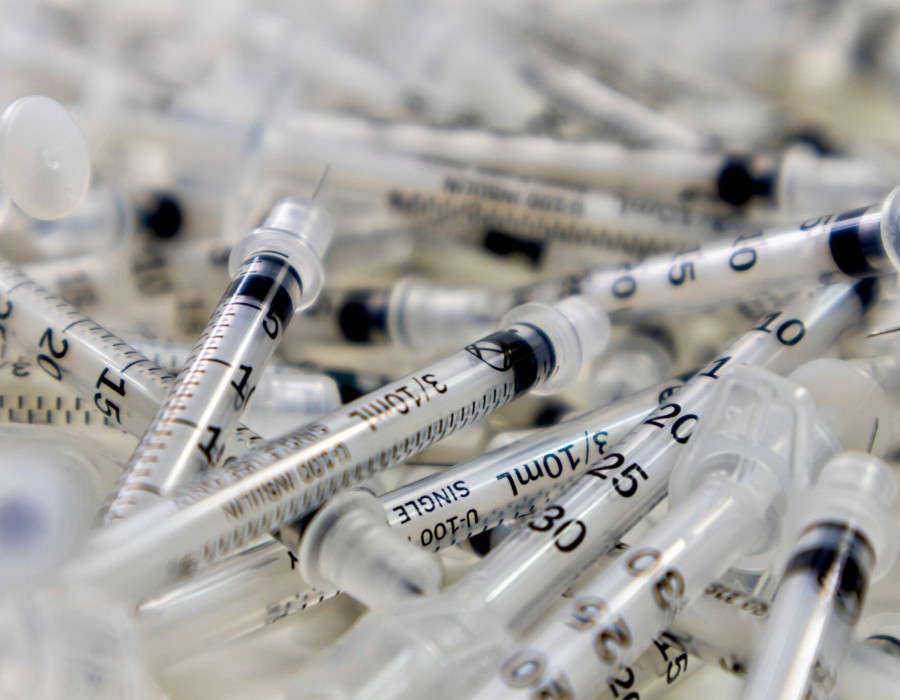In the realm of healthcare, the proper disposal of biomedical waste, particularly needle waste disposal, is a critical aspect of ensuring the safety and well-being of patients, healthcare workers, and the community. Education and training play a pivotal role in equipping healthcare professionals with the knowledge and skills necessary to handle needle waste safely and responsibly. By empowering healthcare professionals through education and training initiatives, we can enhance compliance with regulations, minimize risks, and promote a culture of safety and accountability within healthcare settings.
Education and training in needle waste disposal encompass a wide range of topics, including regulatory requirements, proper handling and disposal procedures, infection control practices, and the use of safety-engineered devices. These initiatives are essential for raising awareness about the potential risks associated with improper needle waste disposal and instilling best practices for mitigating these risks. By educating healthcare professionals about the importance of proper disposal practices, we can foster a deeper understanding of the impact of their actions on patient safety, staff well-being, and environmental sustainability.
Moreover, education and training provide healthcare professionals with the opportunity to familiarize themselves with the latest advancements and innovations in needle waste disposal technology. From safer disposal containers to smart tracking systems and automated solutions, ongoing training ensures that healthcare professionals are equipped to leverage these technologies effectively and maximize their benefits. By staying abreast of emerging trends and best practices, healthcare professionals can adapt their disposal practices accordingly and contribute to continuous improvement in waste management protocols.
Additionally, education and training initiatives serve as a platform for reinforcing compliance with regulatory requirements and industry standards. Healthcare professionals must understand their legal obligations regarding needle waste disposal and adhere to established protocols to ensure compliance with federal, state, and local regulations. Through targeted education and training programs, healthcare facilities can promote a culture of compliance and accountability, empowering staff to take ownership of their roles in proper waste management.
Furthermore, education and training in needle waste disposal are essential for promoting a culture of safety within healthcare settings. By providing staff with the knowledge and skills to identify and mitigate risks associated with needle waste disposal, healthcare facilities can minimize the likelihood of needlestick injuries and other occupational hazards. Training programs should emphasize the importance of using appropriate personal protective equipment, following established procedures, and reporting incidents promptly to prevent future occurrences.
The role of education and training in proper needle waste disposal cannot be overstated. By empowering healthcare professionals with the knowledge and skills necessary to handle needle waste safely and responsibly, we can enhance compliance with regulations, minimize risks, and promote a culture of safety and accountability within healthcare settings. Investing in education and training initiatives not only protects the health and safety of patients and staff but also contributes to the overall well-being of the community and the environment.





Comments